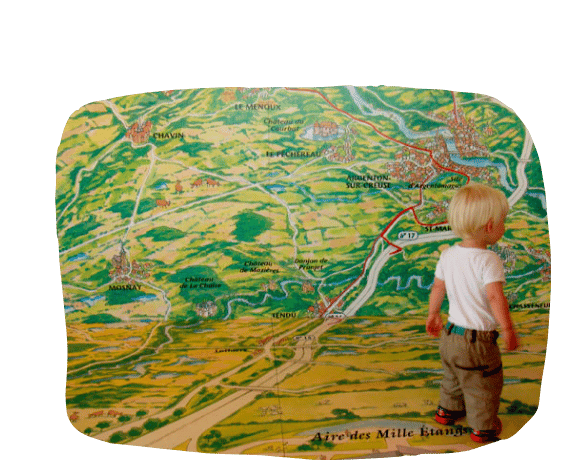La Carte n'est pas le Territoire
La métaphore de la carte et du territoire est une manière fascinante d’illustrer la relation entre la démocratie et la démocratie représentative.


Would you like to have more say in the laws that affect your life?
En suivant cette analogie, nous pourrions considérer la démocratie comme la « carte », une représentation conceptuelle et idéale d'un système politique basé sur la participation citoyenne, la prise de décision collective et l'égalité des droits.
En ce sens, la démocratie sert de guide, d’ensemble de principes qui nous orientent vers un gouvernement où la voix de tous a de l’importance.
D’autre part, la démocratie représentative devient le « territoire », la réalité pratique et tangible. C’est la mise en œuvre concrète de la démocratie dans notre quotidien et notre structure gouvernementale.
Ce système implique de choisir des représentants qui prennent des décisions au nom des citoyens, plutôt que de participer directement à chaque décision politique.
Hidden agendas in political careers also contribute to the system's complexity. Personal and partisan interests can sometimes prevail over the common good, diverting attention from the real needs of society.
L’un des défis les plus significatifs de la démocratie représentative est la présence de la corruption, un phénomène qui sape l’intégrité du système et déforme la volonté collective.
An example is the lobbying power of large corporations, which can influence political decisions to the detriment of the majority. Campaign financing and pressure from interest groups can distort the genuine representation of citizen will.
Ultimately, recognizing the complexity of representative democracy is the first step in addressing its limitations and improving its functionality.
Transparency, accountability, and active citizen participation are essential tools to mitigate the negative effects of this complexity and strengthen the democratic system as a whole.
Exploring Representative Democracy
Democracy, as a concept, has been the cornerstone of political organization in various societies throughout history.
Its essence lies in the active participation of citizens in making decisions that affect the community. However, the implementation of this principle has varied considerably, giving rise to a diversity of forms of democracy.


Among these variants, representative democracy stands out, a model in which citizens elect representatives to make decisions on their behalf.
This approach seeks to reconcile efficient management with citizen participation, delegating responsibility for decision-making to individuals selected by popular vote.
Despite the noble goals of representative democracy, it faces significant challenges that cannot be ignored. One of its fundamental problems arises from the inevitable discrepancy of interests between the elected representatives and the citizens who elect them.
This discrepancy, often driven by personal or partisan agendas, introduces a distortion that separates government decisions from the authentic interest of the population.
Politics and partisan interests sometimes conflict with the responsibility to represent the interests of the community. This conflict raises questions about the transparency, loyalty and integrity of the representatives. The essential question is:
